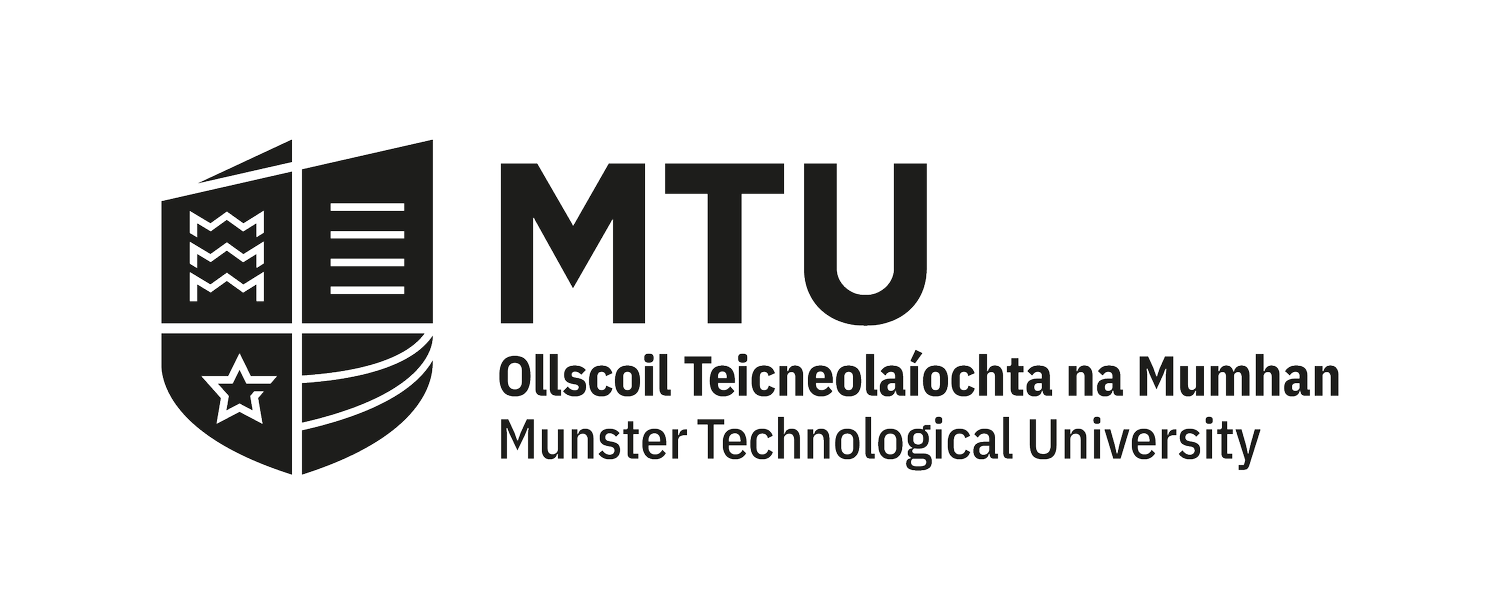Open Educational Resources (OERs)
What are Open Educational Resources (OERs)?
Open Educational Resources (OER) are teaching, learning and research materials that have been released under an open license that permits no-cost access, use, adaptation and redistribution. Open Educational Resources (OERs) refers to the sharing of digital educational materials in online spaces. Open Education includes open scholarship, open pedagogy, open data, open courses and open access publishing, as well as open educational resources and most recently the MOOC (massive open online course).
Using OERs has the obvious benefit of saving time and duplication of effort while also building on the best practices of international experts. Sharing back OERs to the community has reputational benefits internationally and can also serve as a recruitment tool for students and global partnership. Such sharing spaces may be structured purpose-built repositories, social media channels, or other platforms in the cloud.
The most popular and common examples of OERs include textbooks or lesson plans. However, educational resources can include anything, in any format, that is used for teaching, learning and research materials in any medium – digital or otherwise – that reside in the public domain or have been released under an open license that permits no-cost access, use, adaptation and redistribution by others with no or limited restrictions (UNESCO).
Please find below some of the most comprehensive OER collections available:
- OpenStax has created peer-reviewed, openly-licensed textbooks, which are available in free digital formats and for a low cost in print:
- A collection of rated and reviewed OERs from tue California State University System:
- A public OER library from the Institute for the Study of Knowledge Management in Education (ISKME):
- Effectively all the digital content from programmes in the Massachusetts Institute of Technology (MIT), openly-licensed:
- Smithsonian Open Access, where you can download, share, and reuse millions of the Smithsonian's images—right now, without asking:
- BCcampus OpenEd focuses on open textbooks, including books not only created in BC but also pulled in from other institutions:
- Wikibooks is a collection of open-content textbooks:
- Open textbooks are licensed by authors and publishers to be freely used and adapted. Download, edit and distribute them at no cost:
- MIT OpenCourseWare is a web-based publication of virtually all MIT course content. OCW is open and available to the world and is a permanent MIT activity:
- Teaching and Learning National Forum Introduction to OERs:
Types of Licences
Creative Commons licenses give everyone from individual creators to large institutions a standardised way to grant the public permission to use their creative work under copyright law. The Creative Commons copyright licenses and tools forge a balance inside the traditional “all rights reserved” setting that copyright law creates. Below are some of the most comprehensive OER collections available. There are also many subject specific resources available online, often a simple search will steer you in the right direction.
Attribution
CC BY
This license lets others distribute, remix, adapt, and build upon your work, even commercially, as long as they credit you for the original creation. This is the most accommodating of licenses offered. Recommended for maximum dissemination and use of licensed materials.
Attribution-ShareAlike
CC BY-SA
This license lets others remix, adapt, and build upon your work even for commercial purposes, as long as they credit you and license their new creations under the identical terms. This license is often compared to “copyleft” free and open source software licenses. All new works based on yours will carry the same license, so any derivatives will also allow commercial use. This is the license used by Wikipedia, and is recommended for materials that would benefit from incorporating content from Wikipedia and similarly licensed projects.
Attribution-NoDerivs
CC BY-ND
This license lets others reuse the work for any purpose, including commercially; however, it cannot be shared with others in adapted form, and credit must be provided to you.
Attribution-NonCommercial
CC BY-NC
This license lets others remix, adapt, and build upon your work non-commercially, and although their new works must also acknowledge you and be non-commercial, they don’t have to license their derivative works on the same terms.
Attribution-NonCommercial-ShareAlike
CC BY-NC-SA
This license lets others remix, adapt, and build upon your work non-commercially, as long as they credit you and license their new creations under the identical terms.
Attribution-NonCommercial-NoDerivs
CC BY-NC-ND
This license is the most restrictive of our six main licenses, only allowing others to download your works and share them with others as long as they credit you, but they can’t change them in any way or use them commercially.


